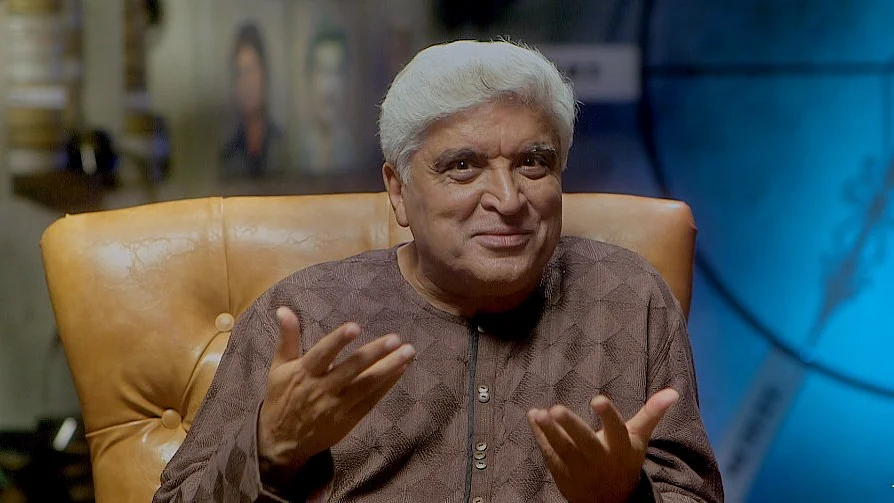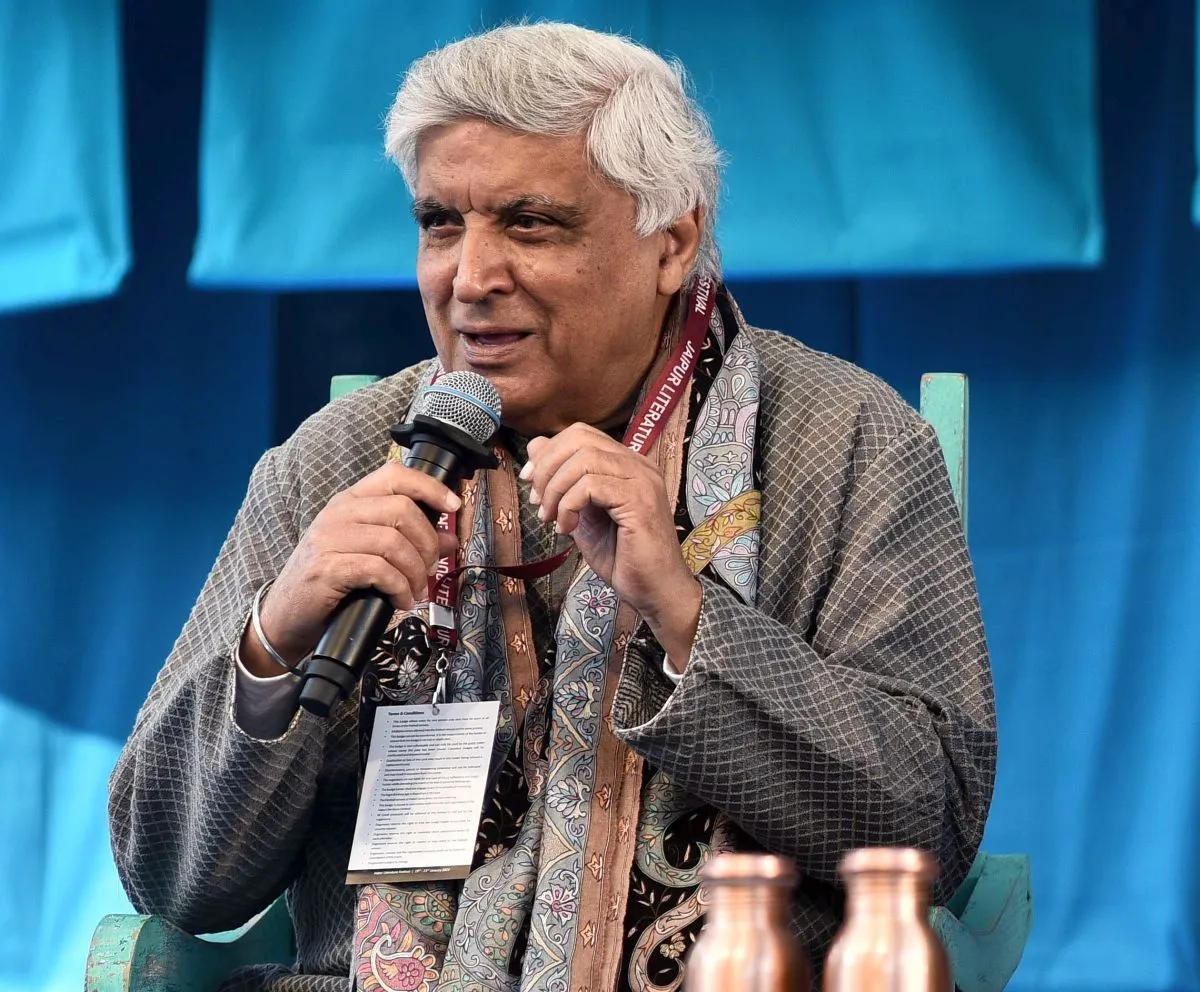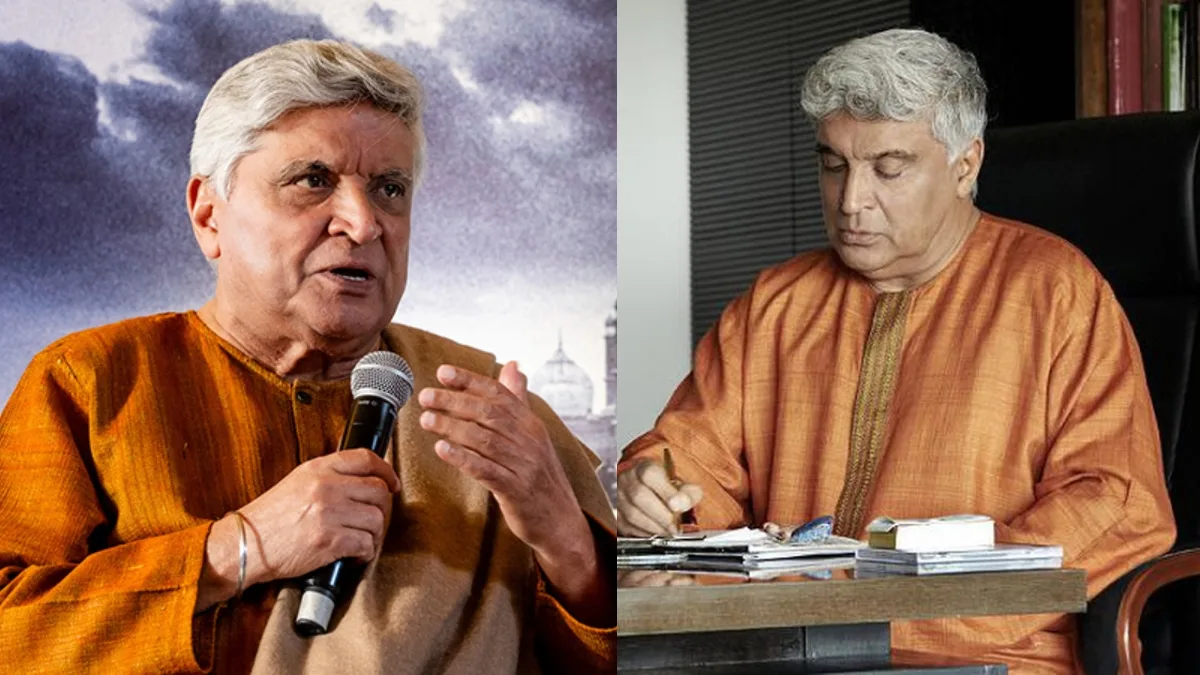Veteran screenwriter and lyricist Javed Akhtar voiced serious concerns today over the impact of artificial intelligence on the creative arts. Speaking at the Soundscapes of India event in New Delhi, Akhtar took aim at the growing role of AI in music, film and storytelling, cautioning that while the technology is currently useful, the “real challenge” will arise for the next generation of artistes.
Akhtar, 80, said that while AI serves admirably as an assistant or a secretary, it lacks one vital ingredient: the human subconscious. “A lot of art comes from the subconscious mind, and AI lacks a subconscious,” he said. “It does not have emotions like childhood trauma, heartbreak, etc.”
Although he admitted he did not expect the technology to reach such levels in his lifetime, he warned that in five to ten years, AI could become “totally different” and that upcoming artists must prepare for its effects.

During his address Akhtar also lamented what he sees as a decline in lyrical richness in Indian film music. “Fifty or sixty years ago, our language, vocabulary and lyrics were far richer,” he said. “Today we have left language and literature behind in the rush to grow financially.” He argued that society’s diminished ability to value creativity is part of the problem: “Films and music are always a mirror to society.”
Javed Akhtar didn’t dismiss AI, though!
Akhtar did not dismiss AI outright. In another discussion, he said the technology is an unstoppable reality and that the question now is how to use it wisely. “You cannot wish it away,” he added, emphasising that artists also must decide how much of their creative data and work is shared and used by these machines.
His remarks come amid heightened debate within creative industries globally about AI’s role in copyright, creative credit and machine-generated content. For Indian film and music professionals, the warning serves as a call to reflect on how technology may reshape artistic jobs, writers’ value and the nature of originality.

Akhtar’s comments are especially resonant given his long career spanning decades of lyric writing, script-writing and poetry. His experience and perspective bring weight to concerns around authenticity and the human element in art.
For younger artists and writers, the warning from a senior figure underlines a moment of decision. Should one view AI purely as an efficiency tool, or anticipate its deeper disruption of craft, job roles and creative identity? Akhtar’s answer points toward vigilance, integrity and proactive adaptation.
Asked about rap music’s place in Indian musical history, Akhtar added that what is seen as a modern innovation often has old roots. “Rap is part of India’s old tradition,” he said. “It is nothing new.” This added dimension illustrated his wider belief: innovation alone is not new unless it builds on a cultural and creative lineage.

In essence, the message from Akhtar is two-fold. First, AI can assist but cannot replace the experience, emotion and subconscious that fuel genuine art. Second, the next generation must prepare not by ignoring technology but by understanding its power and limitations, and by safeguarding the human core of creativity.
For the Indian entertainment industry, his caution signals that shifts are coming—and those who adapt early may retain relevance. But those who mistake novelty for replacement may find themselves left behind.
As AI enters more music studios, film sets and writing rooms, the question for creators becomes not whether to use it, but how to use it without losing their voice. Akhtar’s warning is straightforward: tools change, but the human artistic heartbeat must remain.


